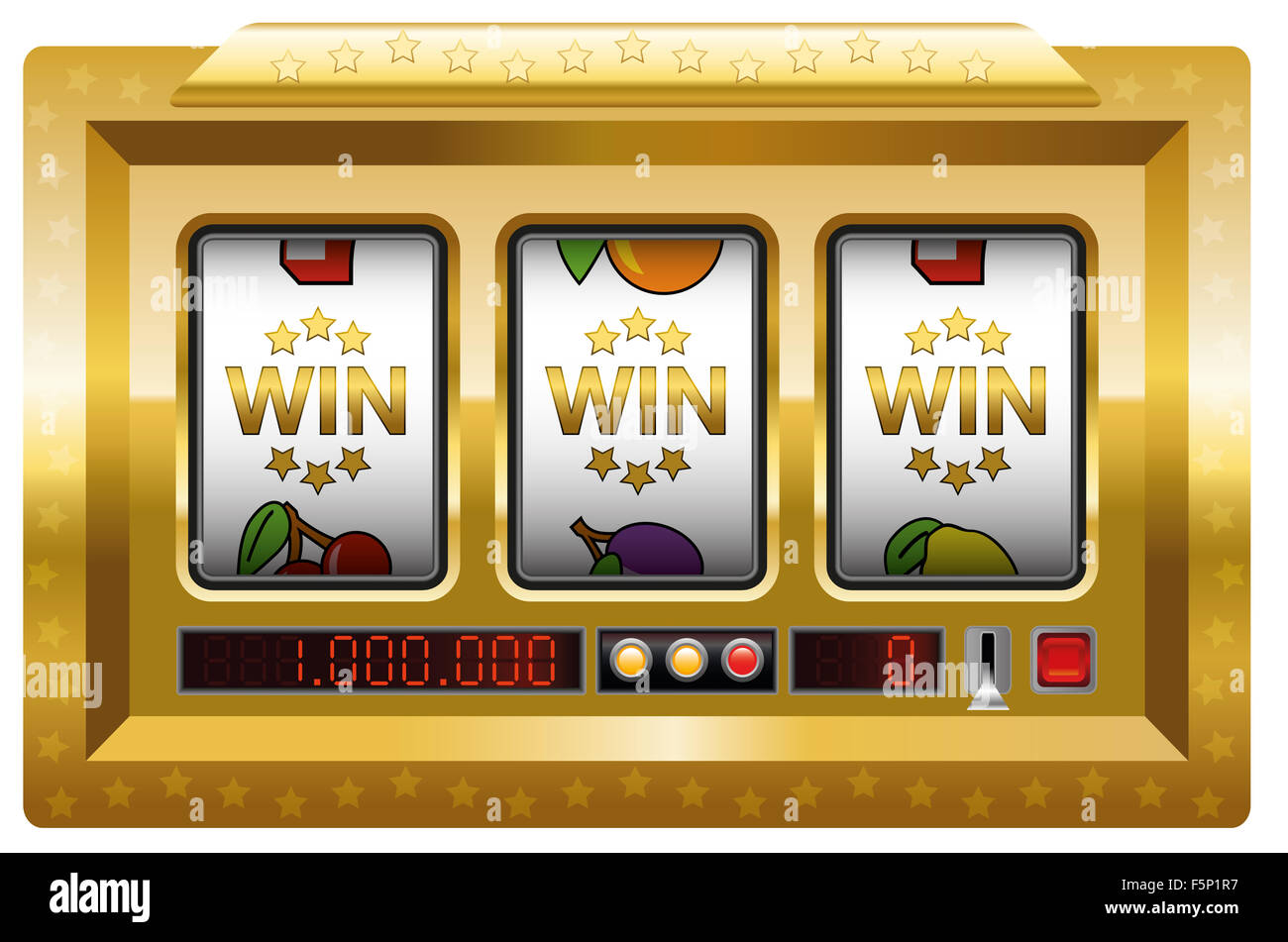Slot Machine False Win
How to Tell if a Slot Machine is Due to Win If a game has not paid out a decent sized win in a relatively long period of time, it is said to be “due” to hit. When a progressive jackpot reaches record height, more people play it because they feel it’s due to strike any moment.

My goal when playing a slot machine is to win a jackpot. (The jackpot is the top prize on a machine.)
There’s a thrill involved in winning a big prize that doesn’t compare with what other lower-prize games offer. But I’m also keenly aware that I’m not a net winner.
Sure, I’ve hit a few large jackpots. But I’m absolutely certain that I’ve lost enough money both before and after those jackpots that I’m a net loser over time.
There’s not much you can do to avoid that fate, because that’s how slot machines work. They’re negative expectation games. If they weren’t, the casinos wouldn’t offer them. Casinos are inbusiness to make money, and they do that by offering games where they have a mathematical edge over the player.
Slot Machine Rigged
Confirmation bias often encourages players to think they’re winning more often than they thought. I can’t count how many people I’ve met who were absolutely convinced that they were “about even”over the course of their slot machine playing career.
In fact, if every player I knew were really “about even,” I’m convinced that the casinos wouldn’t still be in business.

But it’s also undeniable that some slot machines are looser than others. (A “loose” slot machine game is one which pays out more than a “tight” slot machine. It’s a vague word that can beevaluated in multiple ways, as I’ll explain in the next section.)